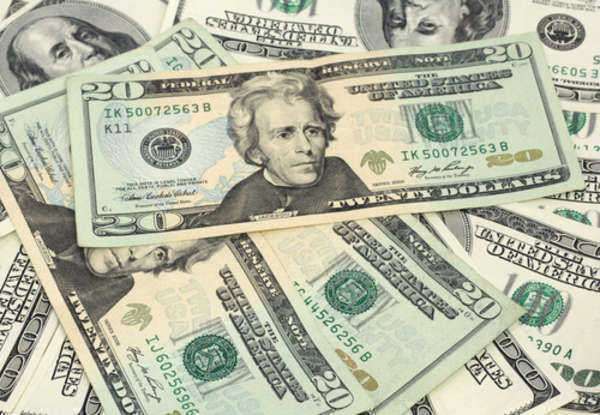All You Need to Know AboutForeign Lotteries and Sweepstakes
Quick money schemes have rapidly become the way that people look to make a quick fortune. This allows many people to be subject to scams that seem like legitimate opportunities. The experience these people have with these frauds quickly turn sour.

With the internet having such a large impact and influence on people around the world, it also becomes a service for those con artists to use to their advantage. Obtaining information is easier than ever before. Names and personal information can be found through digging and research.
A common scam which people fall for are those dealing with the internet or new mass media. E-mails have become part of our everyday life. New messages stream into users inboxes with a mix of important mail and spam. To see a subject with a headline that you have been selected or have won a lottery is one that jumps out.
Foreign con men send out e-mails telling the receivers that they have won the lottery. These e-mails contain massive amounts of details about the drawing, the person who won and the amount won. The instructions tell the 'winner' in order to collect these winnings, they need to wire transfer a processing fee to a specific account. This fee is collected by the fraud and is never heard from again. Some messages may also ask for credit card or bank account information from a 'winner' to verify the transaction.
Checks are sometimes sent to the 'winners' for the full amount, but instruct them to distribute some of that money to another company that handles the transfer and other paperwork. These checks will bounce after the 'winner' deposits them, however, most of these 'winners' will have made the transfer before the bank can determine if the check will clear or bounce.
Not only do these scams target individuals, but companies and corporations as well. These scam artists will attack company structure and communication by pretending to be other companies or sponsors they might have agreements with. For example, one could pose as a supply company where they mass market their products at a special reduced cost. After paying the invoice, the company never receives the supplies.
Another way mass marketing can create fraudulent situations is when dealing with sweepstakes scams. Sweepstakes cons get the 'winner' to pay a specific amount of money to receive a prize they have won. A lot like the lottery scams, these deal with the founding company instructing the 'winner' to send money to an account before they can have their winnings. Some companies are made up to make it seem more realistic.
Some of the signs of sweepstakes scams are: if you have to pay for your winnings, you are told you have won but you do not recognize the contest, receive large checks with notification of victory, pressure to wire money quickly or they require bank or credit card information. Occasionally, frauds will pose as government organizations or large companies but they send e-mails from free e-mail account sites.
To be aware of these scams, one should read the information very carefully before taking action. Small mistakes such as typos or misspellings should signal an alarm. The FDIC warns people to keep their bank accounts and credit card numbers and other personal information private. This will help avoid mass marketing scams and save their money.